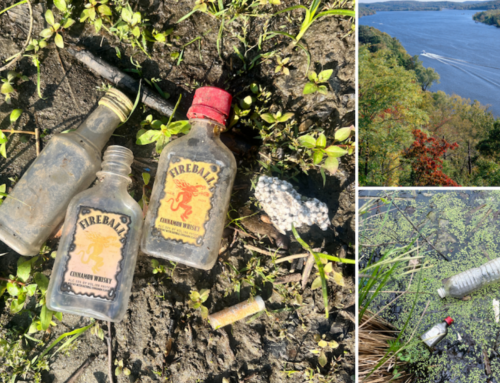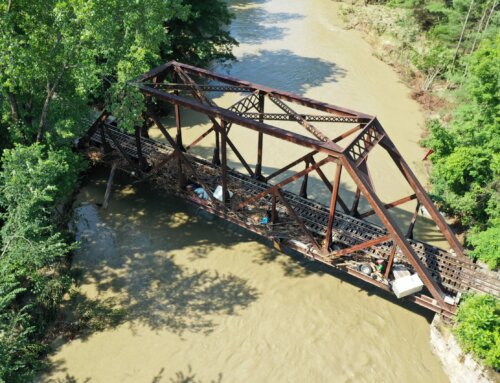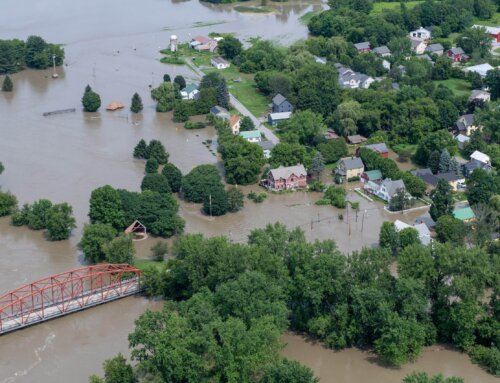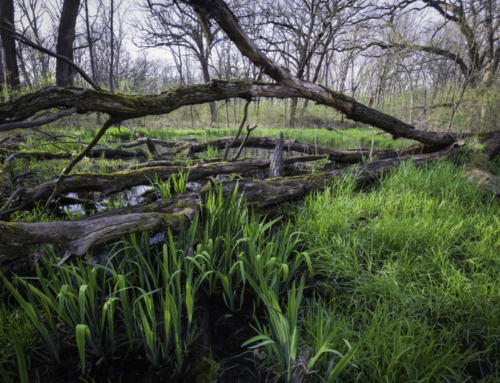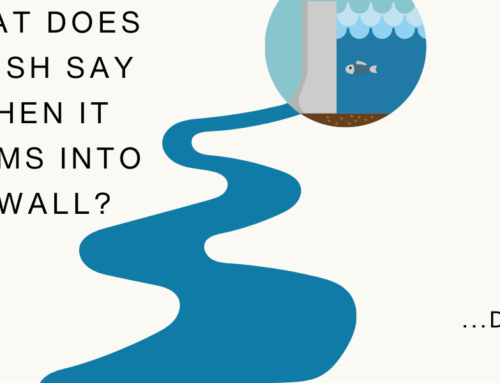Support for SB 240: An Act Concerning the Use of Sodium Chloride to Mitigate Snow and Ice Accumulation
I am writing in support, with changes, of the development of a certificate program for roadside applicators that relies on “Green Snow Pro: Sustainable Winter Options” best management practices.
The U.S. Geological Survey (USGS) in Connecticut conducted a multi-year study to look at the potential effect of road-salt application in the quality of stream waters crossed by I-95; as I-95 runs along the coast of Connecticut, it crosses nearly every major tributary to the Long Island Sound. USGS took samples during winter stormwater runoff events, on a monthly basis and during base-flow conditions. After assessing four watersheds in the area, USGS found that sites within more urbanized watersheds had higher concentrations of chloride; “[chloride] yields for these sites were positively correlated with the percentage of impervious cover, probably reflecting the application of deicers to roadways, as well as sources and practices associated with greater impervious cover, such as wastewater and septic-system discharges, and leachate from landfills and salt-storage areas.”1 Similarly, a study conducted in urban lakes neighboring the Twin Cities, MN collected water samples throughout the seasons, finding that lakes near major roads contained higher chloride and sodium concentrations than rural lakes. In two of the lakes tested, chemical stratification at the bottom of the lakes was strong enough to prevent dissolved oxygen from reaching lake sediments while several lakes exceeded “the chronic water quality standard for aquatic life” due to overwhelming chloride concentrations.2
While we are supportive of this bill to develop a training and certificate program for road salt applicators, we suggest that bill be amended to include language to address the adverse impact not just on private wells and groundwater, but the impacts on surfaces waters as well, as clearly demonstrated by these two studies. Specifically, line 24 should be amended to include, “… any recommendations concerning proposed legislation to 23 reduce the effects of sodium chloride on private wells and public 24 drinking water supplies [and the surface waters of the state] and section 4 should allow for members of the public to similarly use the electronic reporting system to report damage to surface waters as the direct result of sodium chloride run-off.
Thank you for your consideration. I can be reached for questions at kwentling@ctriver.org or 860-704-0057.
Kelsey Wentling (she/her)
River Steward
Connecticut River Conservancy
1 https://pubs.usgs.gov/of/2011/1018/pdf/brown_ofr2011-1018_508.pdf
2 https://pubmed.ncbi.nlm.nih.gov/18762321/



